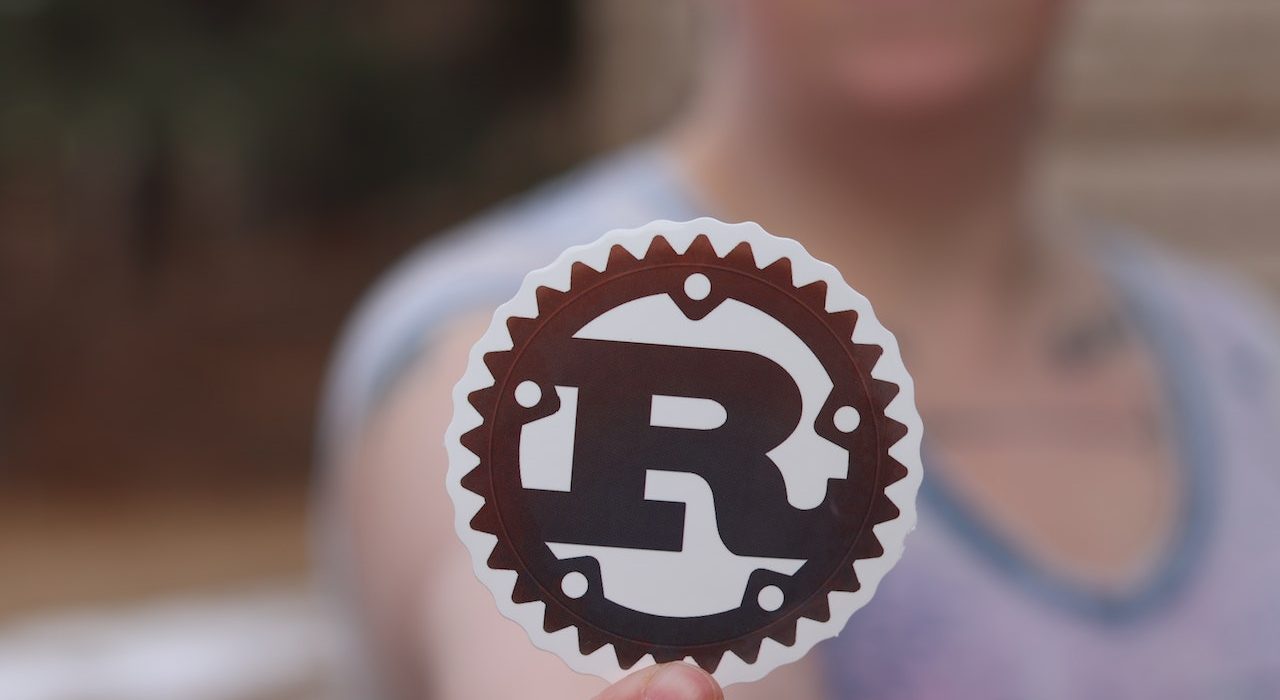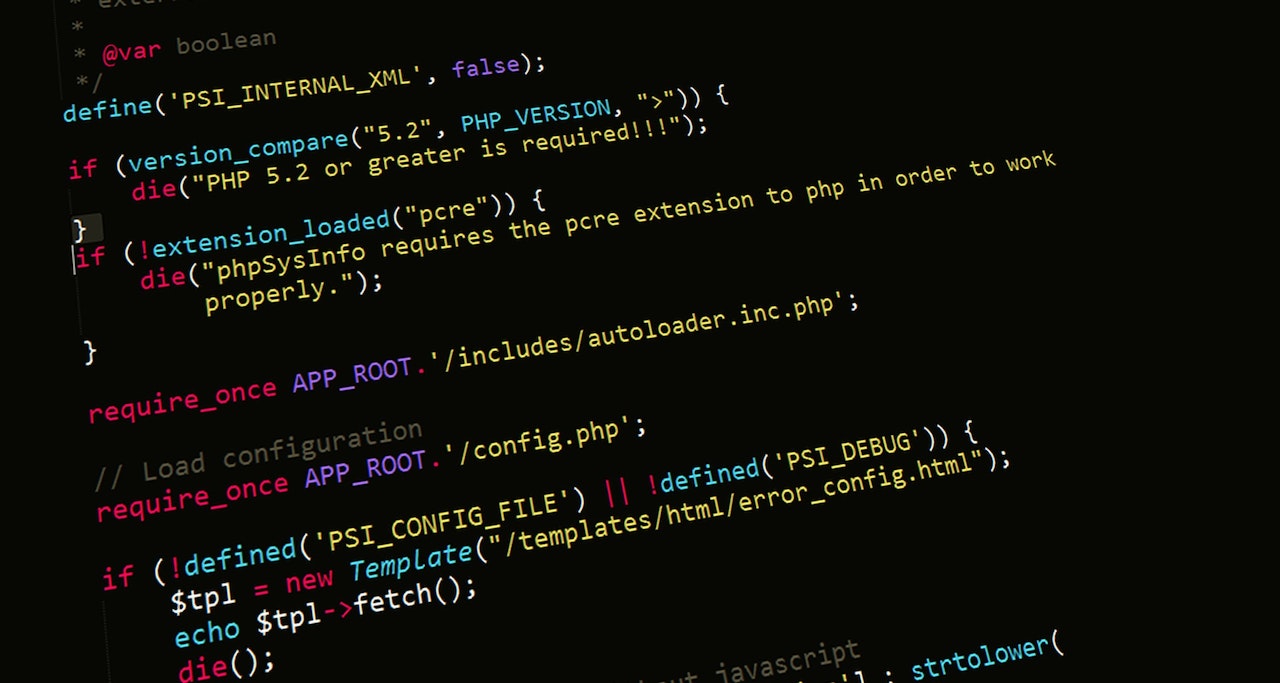RUST Programming Language – What do You Need to Know in 2022

I come across this programming language as I was exploring the Solana cryptocurrency smart contract development this year. Before we dig into the smart contract, I need to understand this language first as this is quite intimidating as I am coming from C# and the syntax is weird and this is dealing with low-level language similar to C++ or C 🙂
Background
Use the following environment:
- Windows 11
- WSL installed
- Visual Studio Code installed
Facts
Rust is a system programming language and a very low-level language similar to C++ and C.
Rust has no garbage collector.
Rust is a memory safety guarantee ie. dangling pointers, null pointer exceptions, data races, iterator invalidation and more.
Rust is like C and it’s not Object-Oriented. The “class” is using the “struct” and the implementation is using imp<>.
Access WSL
After installing WSL on Windows 11, to access the terminal, run the wt.exe
Run:
wslInstall Rust
On the terminal, type in:
curl --proto '=https' --tlsv1.2 -sSf https://sh.rustup.rs | shUpdate and Version
To update:
rustup updateTo check the version:
rustc --versionNote: By the time this blog is written, the latest version is 1.60.0.
Run Visual Studio Code
Launch the Visual Studio Code.
Press Ctrl + Shift + X to launch the Extension.
Install the rust-analyzer extension.
Note: Do not install the Rust extension as this extension is a legacy and eventually will get replaced with a rust-analyzer as the main one. Rust-analyzer has an auto-completion, a definition pops up, code formatting, etc.
Creating the Project
On the Visual Studio Code top navigation, select the File > Open Folder
Navigate to the user /home folder. Click the Ok button.
On the Visual Studio Code top navigation, select the Terminal > New Terminal
Navigate to the folder:
cd ~/Create the folder of the application domain, i.e: dewacorp, solana-labs, etc
mkdir test-app-domainGo to the application domain:
cd test-app-domainCreate the application using Cargo:
cargo new test-appRun the test app, you can either use:
Via Cargo and go to the right folder
cd test-app
cargo runor you got the src:
cd test-app
rustc ./src/main.rsThis will generate a binary called the main
To run the binary:
./mainDelete the test application domain if no longer needed:
rm -r test-app-domainIn Visual Studio, open up the workspace for a specific application by going to open the folder and navigating the folder into the application. Click the OK button.

Refactoring for changing the variable, press F2 and change the variable. The rust-analyzer will replace the variable inside the scope and will check if there is a similar name.
Variables
The & indicates that this argument is a reference, which gives you a way to let multiple parts of your code access one piece of data without needing to copy that data into memory multiple times.
Concepts
Ownership
There are three solutions for managing the memory: Manual Memory Management (C, C++), Garbage Collection (Java and C#), and Ownership model (Rust).
The pros and cons of these three:
| Solutions | Pros | Cons |
| Manual Memory Management | Control over memory Faster Runtime Smaller program size | Error Slower write time |
| Garbage Collection | No error Faster write time | No control over memory Slower runtime performance Larger program size |
| Rust | Control over memory No error Faster runtime Smaller program size | Slower write time |
This concept is very crucial to understanding the memory – stack and heap. If you are coming from C# or Java stuff, this concept needs to be understood very clearly.
References
Tim McNamara – How to Learn Rust – https://www.youtube.com/watch?v=sDtQaO5_SOw&t=345s
The Rust Programming Language – https://doc.rust-lang.org/book/
Free Code Camp – Rust in Replit – https://www.youtube.com/watch?v=MsocPEZBd-M
Rust Language Community – https://www.rust-lang.org/community
Rust Discord – https://discord.com/invite/rust
Rust Users Forum – https://users.rust-lang.org
Getting Started with Rust in Visual Studio Code – https://www.youtube.com/watch?v=B1zIYKP_1Fw
Learn Rust by Ryan Levick (@ryan_levick) – https://www.youtube.com/c/RyanLevicksVideos
Learn Rust by Microsoft Developer – https://aka.ms/vscodelive/learn-rust
Rust Meet Up – https://this-week-in-rust.org
Microsoft Learn Rust – https://docs.microsoft.com/en-us/learn/modules/rust-introduction
Credits
Photo by RealToughCandy.com: https://www.pexels.com/photo/food-wood-man-people-11035384/









